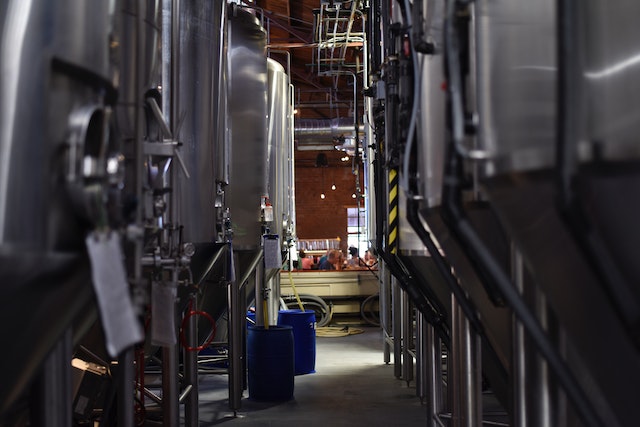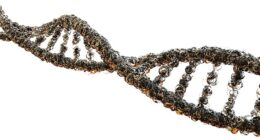Distillation is a process where a liquid is heated until it turns into a vapour, and then the vapour is condensed back into a liquid. This can be done using a variety of methods, but one of the most common is with a distillation column. Evaporation, on the other hand, is a process where a liquid is simply allowed to evaporate into a gas. This can be done either by heating the liquid or by exposing it to an area with low pressure (such as in vacuum chambers).
Distillation
Distillation is a type of separation process that occurs when two or more liquids are heated and then cooled. The different boiling points of the liquids cause them to separate into layers, with the layer containing the liquid with the lower boiling point rising to the top. Once the liquids have cooled, they can be collected separately.
Evaporation
Evaporation is a type of vaporization that occurs on the surface of a liquid. The molecules of the liquid begin to transform into gas molecules, and as they do so, they escape into the atmosphere. This process can happen at any temperature; however, it happens more quickly at higher temperatures.
How are distillation and evaporation different?
The main difference between distillation and evaporation is that distillation involves the use of a heat source to boil the liquid and evaporate it, while evaporation simply relies on the liquid’s exposure to air or another gas to cause it to vaporize.
Distillation is often used to purify liquids by separating them from their solid impurities, while evaporation is commonly used to concentrate solutions by removing water.
Both processes can be used to separate mixtures of liquids with different boiling points. However, distillation is generally more efficient at separating close-boiling mixtures, while evaporation works better for wide-boiling mixtures.
Pros and cons of each method
Distillation:
-Pros: Can be used to purify liquids, concentrated solutions, and essential oils
-Cons: Requires special equipment (e.g. a still), can be time-consuming and can be expensive
Evaporation:
-Pros: Simple process that can be done without any special equipment, relatively quick, and inexpensive
-Cons: Limited to evaporating only liquids.
Is evaporated water the same as distilled water?
Distilled water has had all of its impurities removed through a distillation process, while evaporated water still contains some impurities. Additionally, evaporated water has had some of its water molecules removed through evaporation, while all of the water molecules are still present in distilled water. Finally, the taste and smell of these two types of water can be different due to the different processes they undergo.
What is the main difference between evaporation and drying?
The main difference between evaporation and drying is that evaporation involves only a liquid, while drying can involve either a solid or a liquid. When water evaporates, it changes from a liquid to a gas. When something dries, however, the water might evaporate or it might just be absorbed by the surrounding air.
Is boiled water the same as distilled?
Boiled water is not the same as distilled water. Boiling water will kill bacteria and other microorganisms, but it will not remove dissolved minerals from the water. Distilled water is pure water that has been vaporized and then condensed back into liquid form. It does not contain any dissolved minerals, making it ideal for use in medical settings or for cleaning electronic equipment.
Photo by ELEVATE: https://www.pexels.com/photo/blue-plastic-pail-1267361/








